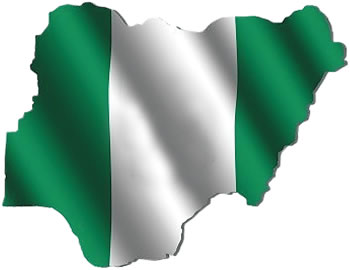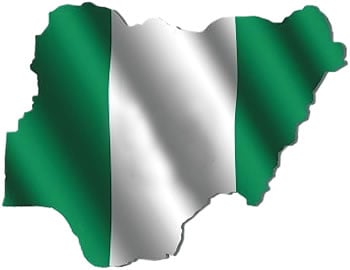By 1900, British colonial administration was officially proclaimed over the rest of Nigeria, first merging Lagos Colony and Southern Protectorate in 1906 and later the amalgamation of northern and southern protectorates in 1914. By The Nigeria Gazette/ Notice No.11 of Jan.21, 1915 and No.99 of Dec 23 of 1915, Nigeria was divided into 19 provinces of 10 and 9 for the north and south respectively. For effective administration, the British government ruled the country on the basis of the Indirect Rule Policy, anchored on the existing traditional institutions which the government declared recognized Native Authorities (NA) from time to time, and Native Courts administered by Warrant Chiefs in many places. These Native Authorities were made heads of Districts responsible to the British Resident District Officers.
By the Nigeria Gazette No 32 Vol11/Government Notice No.58 of June 26 1924, made pursuant to the Native Authority Ordinance, “Native Authorities appointed by the Governor under Section 4 of the Native Authority Ordinance which are not subordinate to other Native Authorities” were created for the purposes of Local administration through the Indirect Rule system. A total of 362 N A existed under this law with the Northern Provinces having 147 and the South 215 out of which the Cameroun’s Province had 23. The significantly higher number in the South, particularly in the eastern provinces, was dictated by the pluralistic nature of the politico-cultural environment, while the existing homogenous political organizations were preserved.
For instance, the Awujale was then the only recognised NA in the whole of the monolingual and tribal Ijebu Province; in the Abeokuta Province, it was the Alake and the Native Court of Ilaro. Oyo Province had the Alafin, Ooni, Orangun and the Owa of Ilesa, while the more pluralistic Ondo Province had 23. In the North, the diverse Bauchi Province consisting Bauchi, Gombe, Pankshin and Jos Divisions had 16; Kano Province of Kano, Katsina, Katagum, Hadejia and Daura Divisions had 9; Borno of Borno Emirate, Dikwa, Biu and Potiskum Divisions had 5, while Munshi Province of northern ethnic minorities had 41. In the eastern provinces, Calabar was 43; Onitsha 29, Owerri 36;
Problems of the native authorities
The bane of the Indirect Rule policy, either through the existing monarchical institutions or British created Warrant Chiefs was the attempt to force a uniform system over a most culturally diverse territory, the measure of success of which was the oligarchic capacities of the extant local hegemony.
The system thus met resistance in the pluralistic chiefsdoms among the minority ethnic nationalities of the north on both cultural and largely christian religious grounds. The United Middle Belt Congress (UMBC) particularly took up the gauntlet at the wake of party politics later from the 1950s. It was a total rejection in the east, symbolised by the Aba Women riots of 1929, among the dominant and essentially republican Igbo nationality, and also the minority ethnic nationalities of eastern Nigeria, to whom the created emergency kings, in the name of Warrant Chiefs, was culturally repulsive.
The Yoruba quagmire
Contrary to what we were made to believe in elementary history or government studies, the system was a cultural monster in Yorubaland, the scars of which are still with us till today. First, for a people with a culture of powerful institutions that readily called their tyrannical Oba to question, the sanction of which was capital punishment through forced suicide, the idea of a potentate above the customary law, only answerable to the agents of the Queen of England was totally abhorrent. The worst was the creation of artificial districts, grouping together several neighbouring and independent kingdoms, and appointing one of them head as Native Authority, most times without recourse to the cultures and history of the people. The attendant crises resulted in communal polarity or dichotomy, as my people will call it, as people ordinarily of the same tribal stock with parents and marriages across kingdoms divides, tend to queue, inexorably, behind their Obas in the ensuing unprofitable supremacy contests. The political elites often found this unfortunate development a veritable tool of political contests, leaving the people most divided and incapable of being mobilized for development. To unravel and resolve the problems created by the Indirect Rule and Native Authorities, the states resorted to constituting Chieftaincy Commissions of Inquiry with unending chieftaincy suits, especially in Yoruba land, where they are highest in number.
- Ebiseni, a legal practitioner, was a participant at the 2014 National Conference







